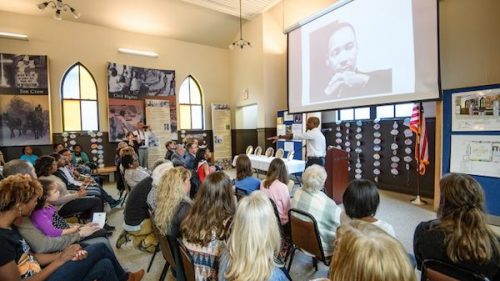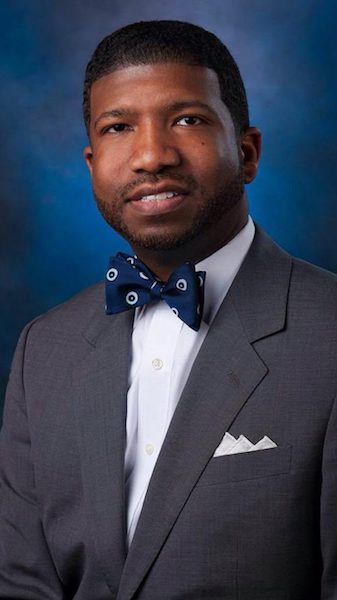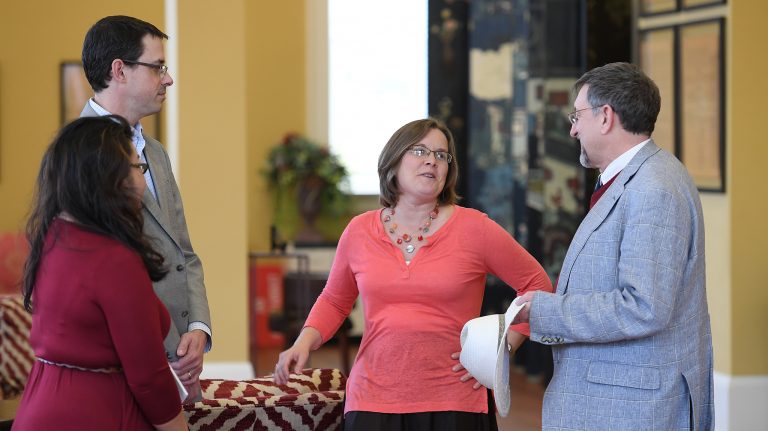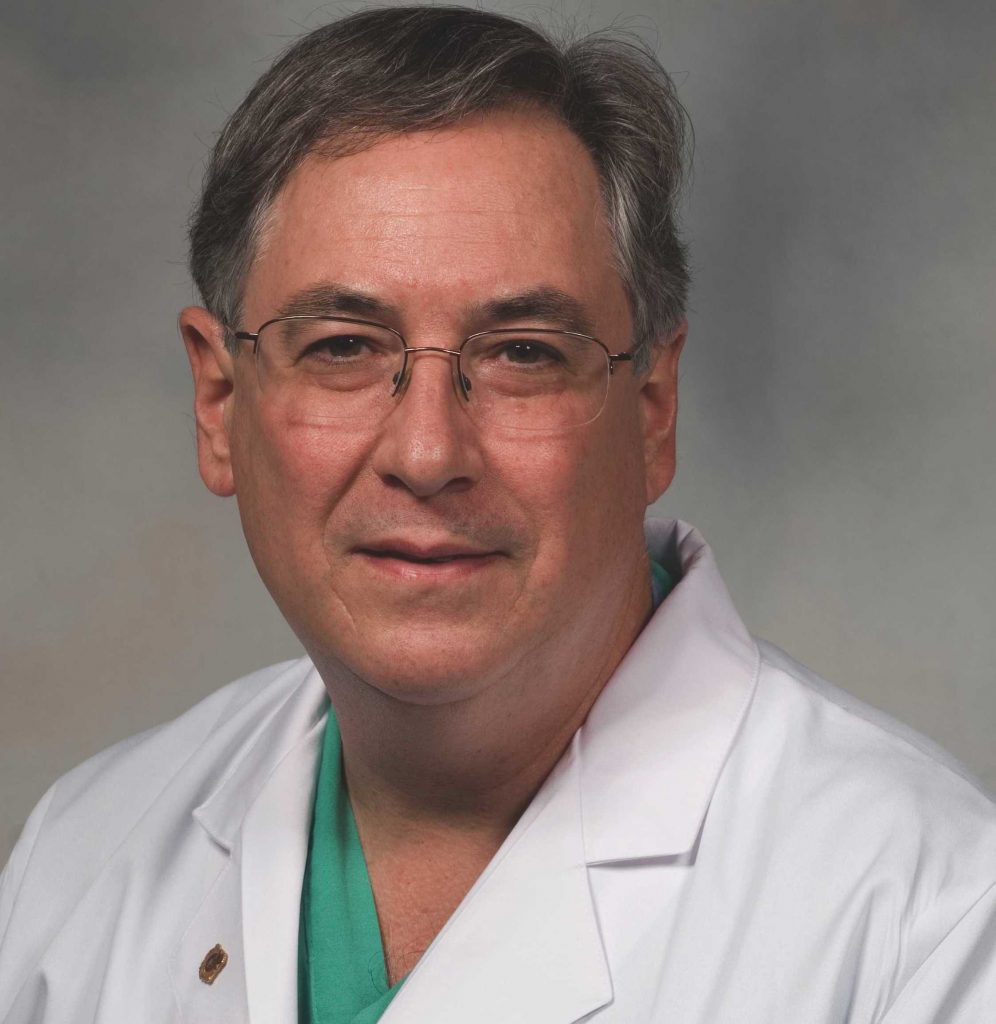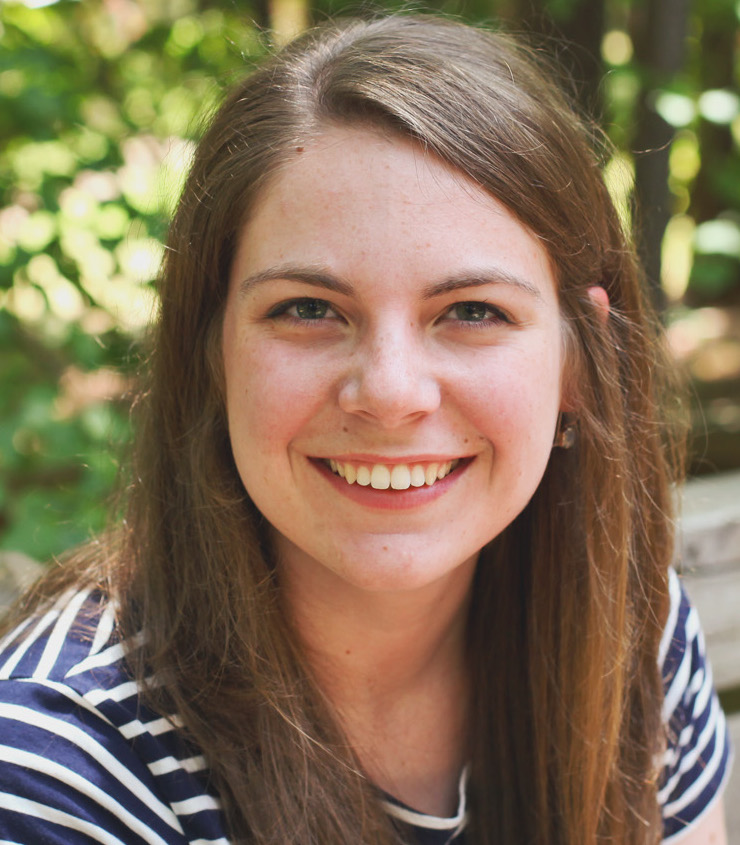Grant supports 20 student internships in Eastern Asia
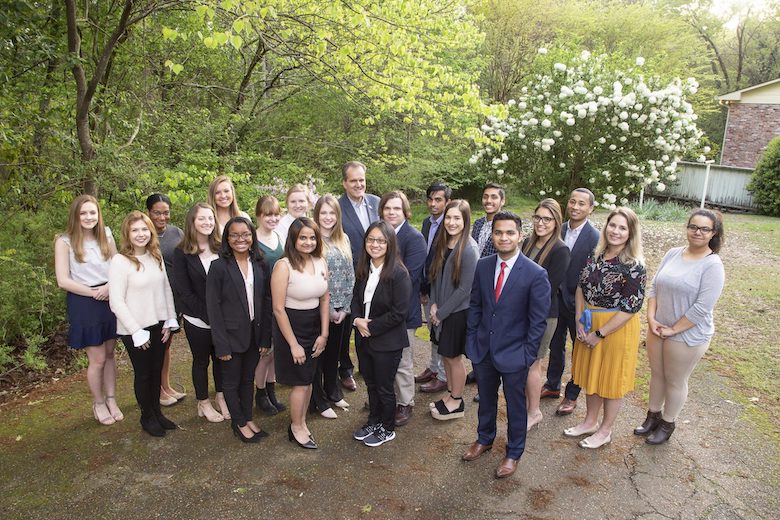
Twenty University of Mississippi students interned in Eastern Asia this summer through a grant from the Freeman Foundation. Submitted photo
AUGUST 19, 2019 BY SHEA STEWART
Stretching from Beijing to Singapore, 20 University of Mississippi students received global work experience this summer while interning in Eastern Asia through a grant from the Freeman Foundation.
Their roles this summer varied, from an accounting internship in Bangkok to a medical internship in Shanghai, working for companies from a global truck and bus manufacturer to a Bangkok blockchain business. The students’ majors were likewise diverse, ranging from accounting to sociology.
The students interned for at least eight weeks through support from the UM Experiential Learning in Eastern Asia program. Each student received a $7,500 participation stipend from UM – with $5,000 of that coming from the Freeman Foundation grant and the other $2,500 provided by the university’s Office of Global Engagement and the students’ respective school(s) or college.
This is the second year of the program at UM after the Freeman Foundation grant was renewed in the fall of 2018. Last year, 17 students participated in the program.
“Freeman Foundation interns gain self-awareness and global awareness through participation in society, both locally and globally,” said Blair McElroy, UM senior international officer and director of study abroad. “Through this incredible program, they are gaining the skills needed to engage meaningfully with diverse people, places, challenges and opportunities.
“From providing dental health care in Vietnam, working to promote fair trade practices in Korea, creating curriculum on nutrition in China, devoting their creativity to magazines in Japan and many more amazing opportunities across the region, our students are doing significant work overseas and truly becoming global citizens.”
The students in this year’s program were:
- Elizabeth Atkinson, an international studies major from Memphis
- Diwas Bhandari, an accountancy major from Sharadanagar, Nepal
- Anna Bruno, an international studies and Chinese major from Abbeville
- Shivani Chaudhary, a managerial finance and economics major from Nepal
- Amira Coger, an economics major from Olive Branch
- Anna Conner, a pre-med general business major from Edwardsville, Illinois
- Carter Diggs, a journalism major from Oxford
- Olivia George, an international studies and Korean major from Biloxi
- Lillian Gordon, a biology major from Spring Hill, Tennessee
- Olivia Melvin, an international studies and Chinese major from Ocean Springs
- Azaziah Parker, a biomedical engineering major from Pearl
- Viviek Patel, an international studies major from Jackson
- Stephanie Penn, a banking and finance, and managerial finance major from Biloxi
- Shammond Shorter, a business management major from Atoka, Tennessee
- Nischal Timalsina, a mechanical engineering major from Lalitpur, Nepal
- Jeanne Torp, an international studies major from Biloxi
- Lily Van Elderen, an international studies and Chinese major from Martin, Michigan
- Emily Wang, an international studies, Chinese, Arabic and philosophy major from Randolph, New Jersey
- Jessica Washington, a sociology and psychology major from Hernando
- Haley Watts, a general engineering major from Hattiesburg
Diggs spent his internship with Tokyo Weekender, Japan’s oldest English magazine, where he photographed events, learned to manage the magazine’s website and smartphone application, and wrote for the magazine’s online and print publications.
“They were fantastic to work with and let me gain a wide variety of experience,” he said. “This will definitely give my resume and portfolio a hearty boost. … The experience and skills the team has passed on to me are invaluable, including being able to communicate with people from other cultures.
“Foreign internships aren’t too common on new graduates’ resumes, so I would definitely recommend other students to apply for this program if they can possibly manage it.”
Melvin put her interests in international studies and Chinese to good use this summer, interning with the Shenzhen Mangrove Wetlands Conservation Foundation based in Shenzhen, China. The foundation is China’s first environmental protection-focused organization.
“My personal goal for the summer was to find an opportunity that allowed me to grow both personally and professionally,” she said. “Being involved with a (nonprofit) that advocates for such an important global cause satisfied the first part of the criteria, and the ability to exercise my Chinese language ability while cooperating with my coworkers on a daily basis to perform various tasks both in and out of the office satisfied the latter.
“Immersing myself in such an intense and unfamiliar environment provided the opportunity for every little trial and success to be all the more meaningful.”
“Nothing short of amazing” is how Penn described her internship as a financial analyst with Bitkub, a Bangkok company that serves as a digital asset and cryptocurrency exchange platform.
The internship allowed her to learn about discounted cash flow analysis and financial modeling in industries ranging from cryptocurrency to oil and gas to real estate. She also attended investor meetings, and gained professional skills in international marketing, sales and business development while interacting with clients from all over the world.
“This internship has prepped me for my future career in investment banking with the tasks and projects that have been assigned to me,” she said. “The international connections I have made while interning at Bitkub will also be beneficial when applying for jobs upon my graduation in December.
“This internship has taught me both hard skills when presenting pitch decks to investors, as well as soft skills when meeting with potential clients. These hard and soft skills will be extremely beneficial when entering into the workforce.”
It is exciting that so many Ole Miss students took advantage of the “generously funded” program to expand their horizons, said Oliver Dinius, executive director of the UM Croft Institute for International Studies.
“When I first submitted the application for this grant two years ago, we did not know what to expect – both in terms of the Freeman Foundation’s enthusiasm about the application and the student response,” he said. “Fortunately, both the support from the Freeman Foundation and the excitement of interning students has been wonderful.
“We expect to apply again for this grant to give another group the chance to experience Eastern Asia in the summer of 2020 through such an internship.”
The UM Experiential Learning in Eastern Asia program funds internships, not study abroad programs. Grantees must intern full time, at least 20 hours per week, for a minimum of eight weeks. The Freeman grantees are full-time, degree-seeking undergraduate students in good academic standing who are not in their last year of school.
The goal of the Freeman Foundation’s grant is to help students gain real-life experience while interacting regularly with local populations.
Established in 1994 by the estate of American International Group co-founder Mansfield Freeman and based in Stowe, Vermont, the foundation’s general mission is “to strengthen the bonds of friendship between this country and those of the Far East” and “to stimulate an exchange of ideas in economic and cultural fields which will help create mutual understanding.”
For information on internship programs in Eastern Asia for 2020, go to https://croft.olemiss.edu/home/freeman-internships-in-east-asia or contact Bree Starnes at bstarnes@olemiss.edu.
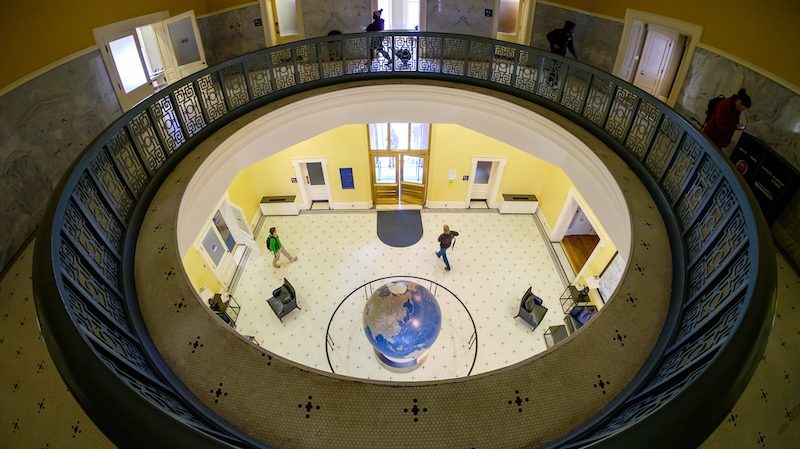
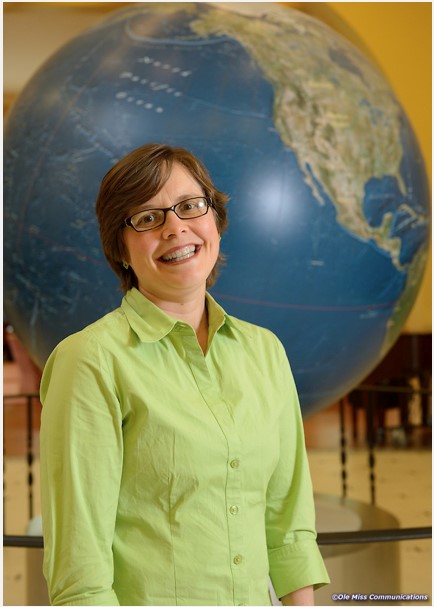
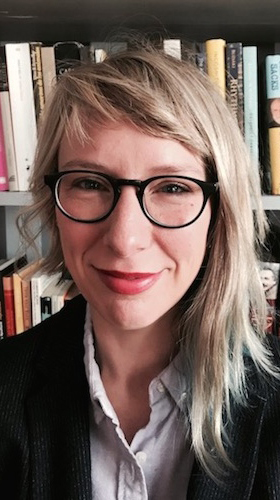
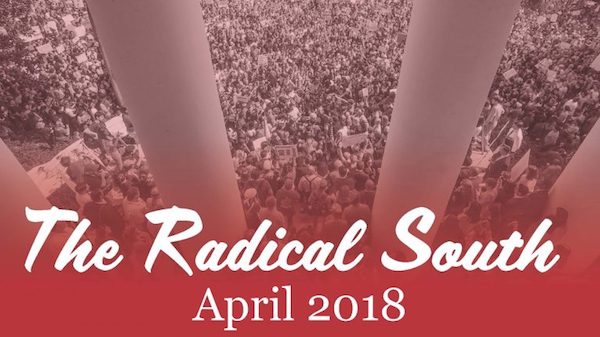 The
The 